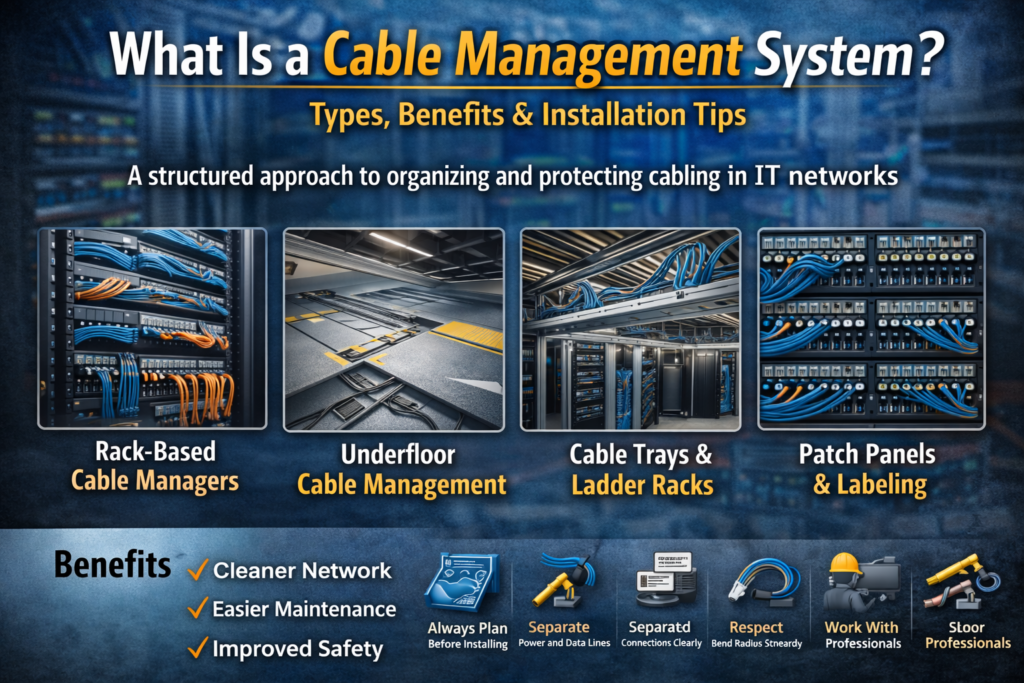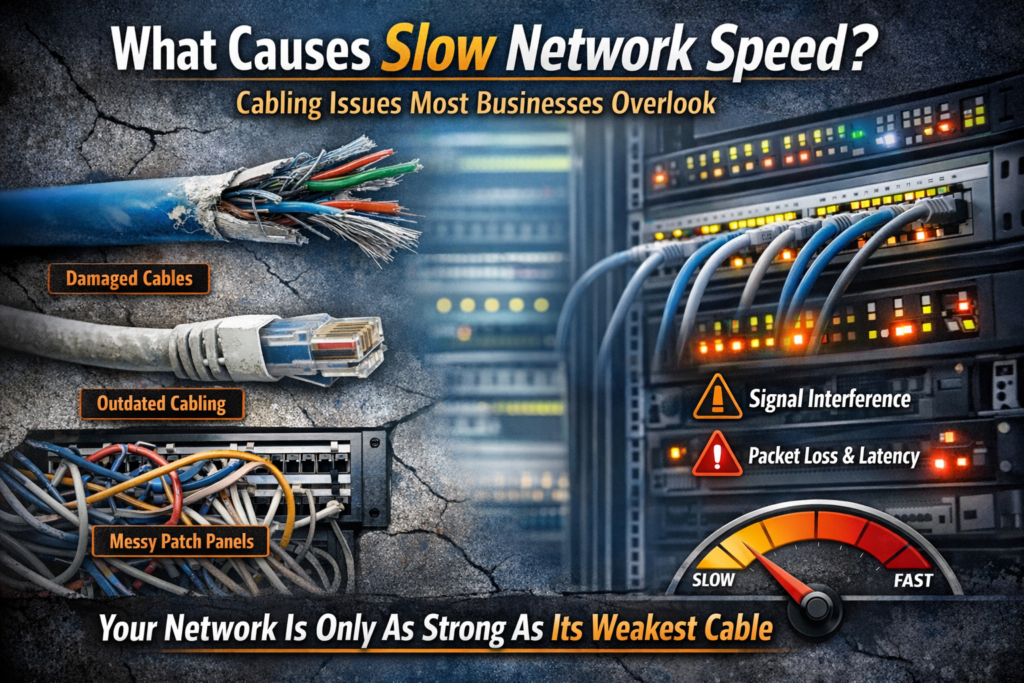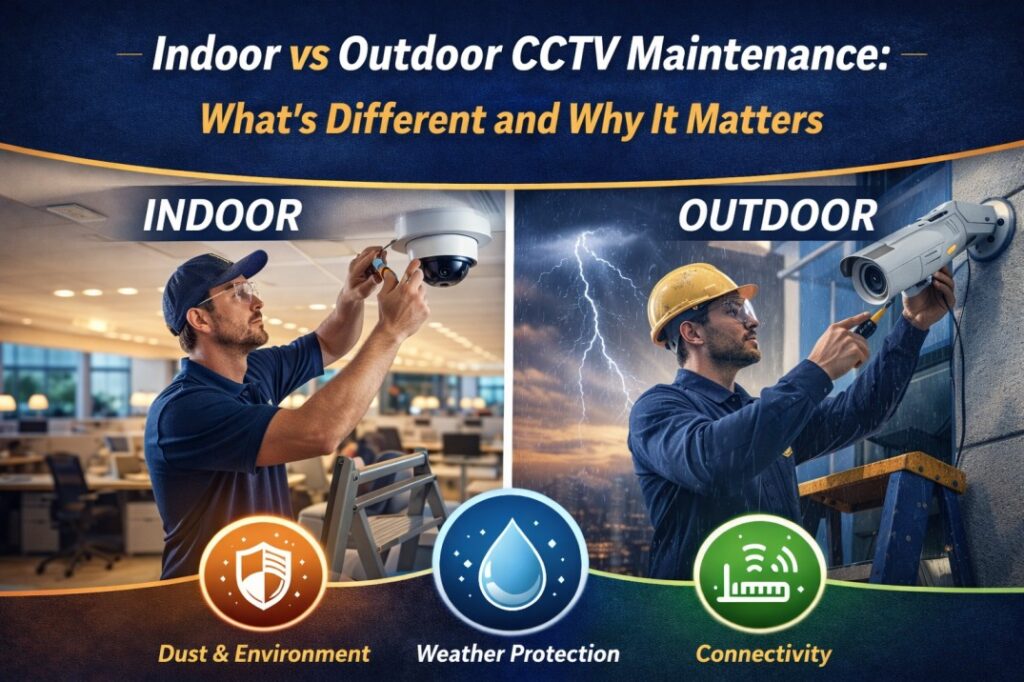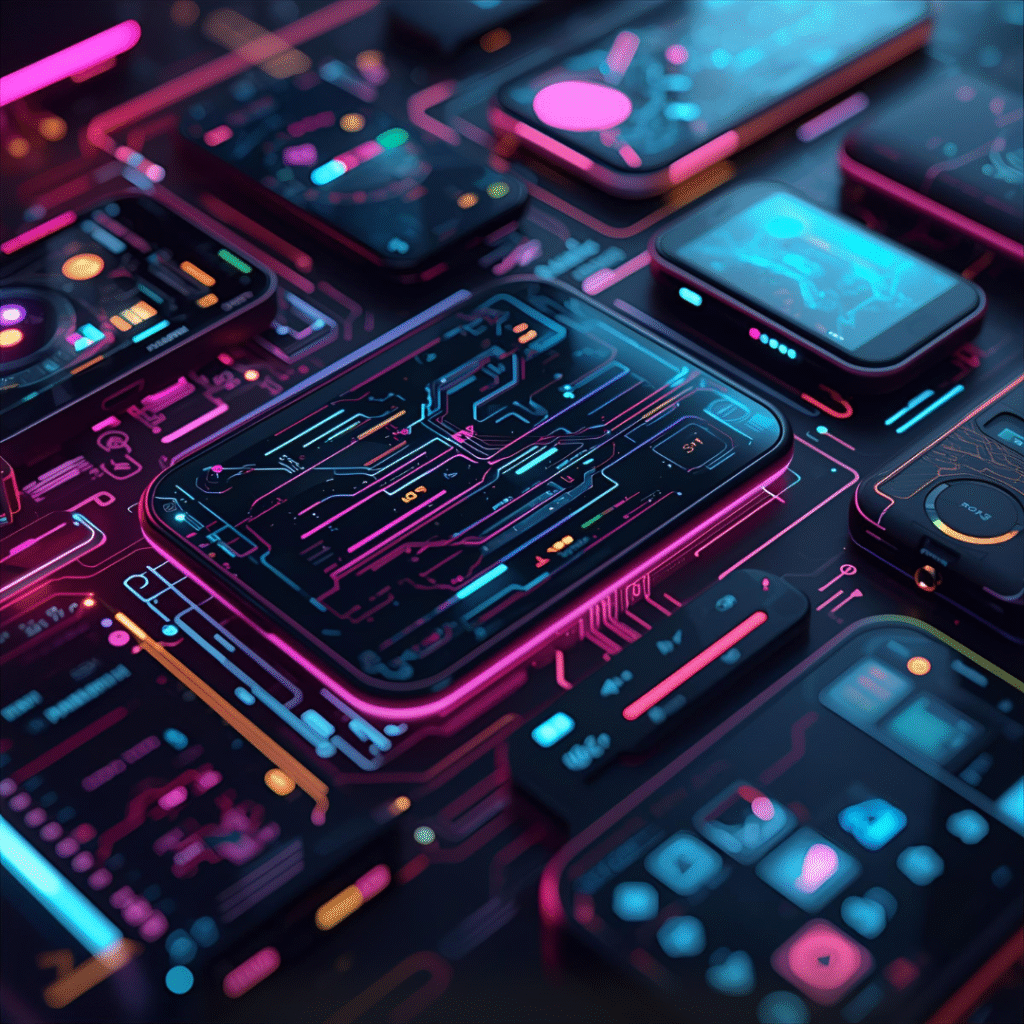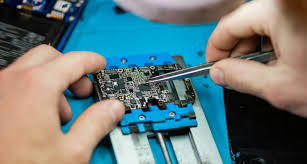In modern workplaces, technology moves fast, but messy cables slow everything down. As networking engineers, we see it daily: powerful switches, high-speed internet, and enterprise hardware struggling to perform because of one overlooked foundation, the cable management system. Whether you’re running a startup office or a large enterprise in Dubai, clean and organised cabling is the backbone of reliable IT performance. Let’s break it down clearly.
What Is a Cable Management System?
A cable management system is a structured approach to organising, routing, labelling, and protecting data, power, and communication cables across your IT infrastructure. It works hand-in-hand with a structured cabling system, ensuring every network cable, patch cord, and power line follows a logical path, from server racks to workstations, without tangles, strain, or interference.
In simple terms:
👉 Cable management keeps cables organised.
👉 Structured cabling defines how the entire network is designed.
Together, they form the foundation of professional IT network cabling.
Without them, businesses face downtime, signal loss, overheating racks, and costly troubleshooting.
Common Types of Cable Management Systems
Here are the most widely used systems in commercial environments:
1. Rack-Based Cable Managers
Used inside server cabinets and data racks. These include vertical and horizontal organizers that keep patch cords neat, prevent bending, and improve airflow.
2. Cable Trays & Ladder Racks
Installed above ceilings or along walls to support large volumes of IT cabling across offices and industrial spaces.
3. Underfloor Cable Management
Popular in modern offices with raised flooring. Cables run beneath workstations for a clean, wire-free appearance.
4. Conduits & Raceway Systems
Protect cables from physical damage while maintaining compliance with safety standards.
5. Patch Panels & Labeling Systems
Essential for any structured cabling system — allowing easy identification, troubleshooting, and future expansion.
Each system plays a specific role. A professional IT cable management design combines several of these based on building layout and business needs.
Why Cable Management Matters for Your Business
This isn’t about aesthetics. It’s about performance, scalability, and risk reduction.
Here’s what a proper cable management system delivers:
✅ Faster Network Performance
Well-routed cables reduce interference and packet loss, improving data speed and reliability.
✅ Easier Maintenance
Technicians can instantly trace connections, no guesswork, no downtime marathons.
✅ Improved Safety
Loose cables create tripping hazards and fire risks. Organized systems eliminate both.
✅ Better Airflow in Server Racks
Clean cabling prevents heat buildup, extending the life of networking equipment.
✅ Future-Proof Scalability
Adding new devices becomes simple when your structured cabling system is already organised.
Businesses that ignore cable management often pay later, through outages, rewiring costs, and lost productivity.
How Structured Cabling Fits Into the Picture
A structured cabling system is the architectural framework of your entire network. It standardises how data, voice, and video cables are installed throughout a building.
When paired with a professional cable management system, structured cabling delivers:
- Centralised network control
- Consistent performance across departments
- Simplified upgrades
- Long-term cost savings
This is why experienced IT cabling companies never treat cable management as an afterthought; it’s designed from day one.
Installation Tips from Networking Engineers
If you’re planning new IT network cabling or upgrading an existing setup, follow these proven guidelines:
🔹 Always Plan Before Installing
Map cable routes, rack layouts, and device locations. Random cabling leads to chaos.
🔹 Separate Power and Data Lines
This minimises electromagnetic interference and protects signal quality.
🔹 Label Everything
Every port, patch panel, and cable should be clearly marked.
🔹 Respect Bend Radius Standards
Over-bending Ethernet cables degrades performance.
🔹 Leave Room for Expansion
Smart cable management allows future growth without tearing everything apart.
🔹 Work With Professionals
Certified structured cabling companies in Dubai follow international standards, ensuring compliance, performance, and durability.
Choosing the right IT cabling company makes the difference between a network that merely works and one that scales effortlessly.
Final Thoughts
A cable management system isn’t optional infrastructure; it’s mission-critical. When combined with a structured cabling system, it transforms your IT environment into a clean, high-performing, future-ready network. From improved uptime to faster troubleshooting and safer workplaces, the ROI is undeniable. If your business relies on connectivity (and today, every business does), invest in professional IT cable management and IT network cabling. Your network will run cleaner, faster, and smarter, exactly how modern operations demand.
What Is a Cable Management System? Types, Benefits & Installation Tips Read More »

